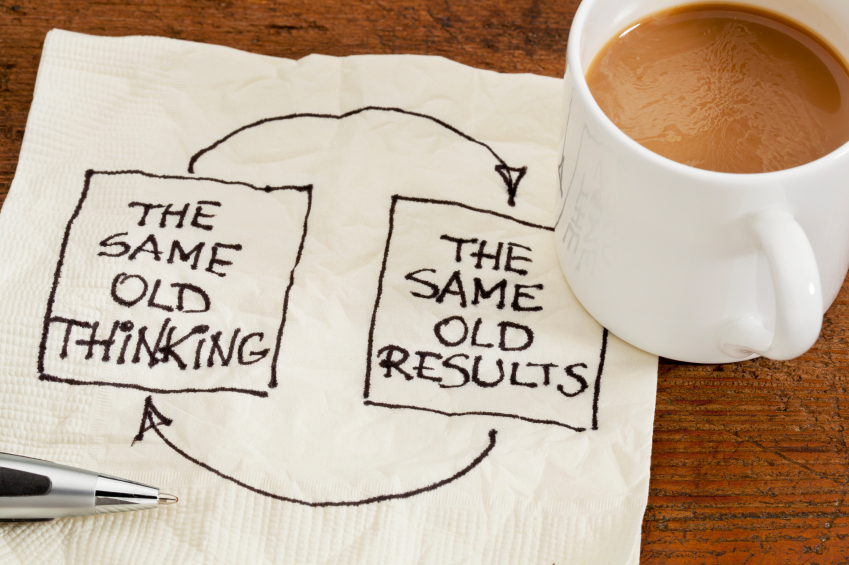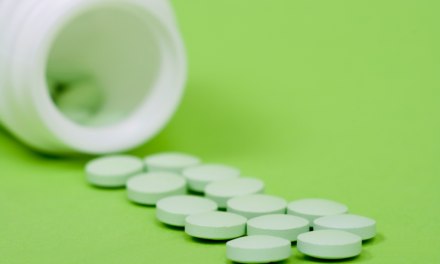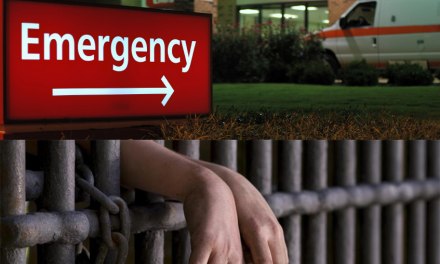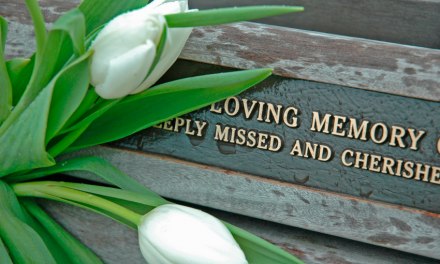Whenever I hear someone in government or the media talk about how great it will be for America once we finally “get past” this current pandemic and things are again back to ‘normal’ – I’m reminded of all the folks who arrive in rehab with similar expectations.
It doesn’t end well.
Take this pro athlete, on the verge of his final year before becoming a free agent and negotiating what he hopes will be a tremendous new contract. He just flunked a random drug test. He’s eager to dismiss its importance.
“Look, I knew I had a problem. I was gonna get help anyway. This gave me a push,” he explained. “Now I’m here, I just want to get in shape for next season and put the whole mess behind me.”
My first question: “How will you avoid returning to drug use?” He admitted to a ten year history, after all. Uppers, pain pills, and booze.
“It won’t be hard. I learned my lesson.”
“What lesson?”
“Why, don’t use drugs. They’re bad for you.”
“You already knew that,” I reminded him. “And here you are.”
“Well, sure, but…” Sounding frustrated: “you don’t understand. Once I make up my mind, it’s done. No more. Finito.”
Famous last words.
Or the celebrated singer who despite a long history of substance use insisted on leaving for an extended tour immediately following release from the detox ward. “I’ve been on lots of road trips,” she assured the psychiatrist. “And I have never, ever taken drugs on the road. In the first place, it’s too risky, buying from strangers. You never know who could be a cop. But most important, it would mean letting down the fans. And I would never do that. Ever.”
That didn’t turn out too well, either.
At root, this reasoning, which is intended as an expression of motivation, is really a continuation of the psychological defenses from active substance use. The speaker may be physically improved, but thinking-wise? Is still under the influence.
Not of drugs, but of the disease.
Besides, as the sage said, “those who cannot remember the past are condemned to repeat it.”
So when somebody puts out a tweet urging Americans to put the current crisis firmly behind them and be ready to move into a rosy future – I don’t feel the optimism. For me, it’s another red flag at the crossing – watch out, bubba, train is coming.
Addiction doesn’t “end” when someone stops using drugs. The many physical, social, and behavioral adaptations that have taken years to mature are still in place. “Ready to pounce,” one addictionologist explained. Those have to be acknowledged and hopefully, addressed — that is, if we expect a different outcome.
About disease outbreaks: we’ve been dealing with those for centuries. Most recently AIDS, H1N1, Zika, Ebola, SARS, MERS – I could go on. Experts have never stopped issuing warnings about others to come, some of which could be worse. In that sense, COVID-19 is more of the same. Just exceptionally contagious, eager to spread. And COVID has touched us, directly, in a way the others may not have.
A lot of that was just luck.
If we know something is coming, it makes sense to plan for it. Like the insurance companies, who on an annual basis calculate their own potential losses from a number of predictable crises. They know, for instance, how many Americans will be struck by lightning while walking down the street. They don’t who the victims will be, or the exact date or location. But they do know how many times it will happen, within a small margin of error, based on long experience.
Like Vegas oddsmakers, it can be foolish to bet against them.
Treatment staff know from their long experience that someone with a severe substance disorder who insists on relying solely on willpower is very likely to fail. Regardless of their initial motivation.
Likewise, public health professionals know that if the nation disregards the lessons of this pandemic, we’ll be unprepared for the next one. Which presumably is on the way.













